An article by Micol Seigel, Associate Professor in American Studies & History at Indiana University-Purdue University Indianapolis. This article was originally published on The Conversation. Read the original article.
Of the current uses of psychiatry in legal settings, the claim that psychopaths can be identified through functional magnetic resonance imaging (fMRI) is among the most worrisome. Psychiatrists who make this claim present their polychrome powerpoints, which, to the rest of us, look like Jackson Pollock in a sunshiney mood, and point to this or that stripe or blip as proof of a physiological predisposition to carry out dastardly deeds.
No matter that psychopathy is only glancingly referred to in the American Psychiatric Association’s Diagnostic and Statistical Manual of Mental Disorders.
(Rumours that the fifth edition, which came out earlier this year, would embrace the terminology explicitly, turn out to have been exaggerated.) And no matter that the interpretation of such images are in a stage we might generously term “developmental.”
Two broken tools equal?
The scientists offering fMRI images admit their data is unconvincing on its own. Their solution is to cross the scans with results from a diagnostic tool based on personal interviews using the Psychopathy Check List-Revised.
As an analytic instrument, the Check List is not much better than the brain scan. It suffers from a lack of specificity, tabulating a series of rather common characteristics – egocentricity, lack of realistic long-term goals, manipulation, dishonesty, impulsivity, grandiose self-righteousness, narcissism, dependence, irresponsibility, bullying, boredom, and promiscuity.
The blurriness of these profiling points can reveal them everywhere or nowhere. So, take one inconclusive diagnostic test, cross it with another inconclusive diagnostic test, and … honest science would agree you have nothing at all.
As one group of researchers puts it:
“..the medical and psychological understanding of psychopathy itself is an empty vessel, a characterization of behaviors without stable symptoms, a disease without a cause.”
Yet the champions of fMRI diagnosis continue to forge ahead, and in an era in which neuroscientific explanations are offered for every arena of human experience (success in business, for instance, political leanings, and sexuality), their arguments are gaining ground.

People are more and more likely to believe that psychopathy is a disorder inscribed upon the body. And that high-tech visualising techniques might allow us to see psychopathy in the actual physiology of the brain.
An alarming similarity
To a historian such as myself, this claim sends off little alarm bells, recalling 19th-century criminal anthropologists such as Italian legal scholar Cesare Lombroso, who conducted research in prisons and mental asylums to determine the physical characteristics of criminal types. Mapping cranial shapes and sizes, he claimed to find congenital, hereditary, and unavoidable evidence of criminality.
Lombroso has long been in ill-repute thanks to the overly-biological focus of his assumptions and the circularity of his research design: he studied prisoners to draw conclusions about crime.
So even if there had been clear patterns of bumps and bones of the skull, his science could not determine whether they were evidence of criminal types, or traits of the poor and working people in the district of the jail — or even qualities acquired inside, as adaptations to imprisonment itself.
Interestingly, the problem of research location is something modern psychopathy research shares with its 19th-century precedents: proponents of psychopathy as a coherent diagnosis have all researched in prisons or focus on incarcerated subjects.
This is a methodological misstep, to put it mildly. Researchers assume psychopaths are concentrated in prisons, run experiments in prisons, and then conclude that psychopaths are concentrated in prisons.
A tautological definition
Indeed, one of the most-cited definitions of psychopathy is actually:
“..the condition of moral emptiness that affects between fifteen to twenty-five per cent of the North American prison population…”
This is what logicians call a tautology – a circular proof, a statement that substitutes premise for conclusion.
Again, some scientists recognise this problem. Robert Hare, the author of the famous checklist, for example, wrote a book called Snakes in Suits about psychopaths in corporate boardrooms. But many researchers continue merrily to scan those ever-available brains behind bars.
Using the prison as site for research, psychopathy researchers embrace and ignore one overwhelmingly distracting, toxic assumption: that the criminal justice system works.
Their research assumes people in prison did heinous things (that they are guilty) and that most heinous things land their agents in prison (that the balance of miscreants are caught).
What if prisons actually mainly house the poor, the mentally ill, the addicted, and over-policed black and brown youth? What if the majority of prisoners is in for crimes of poverty or as casualties of the drug war – or both?
If the truly evil are not in prison, why is neuropsychiatry looking for them there? And can we trust its conclusions in a court of law?
This article was originally published on The Conversation. Read the original article.










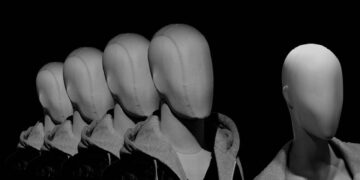
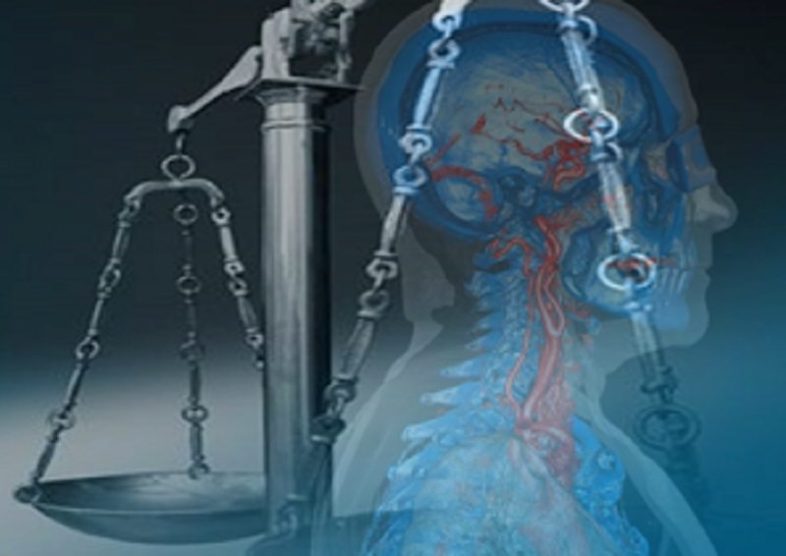

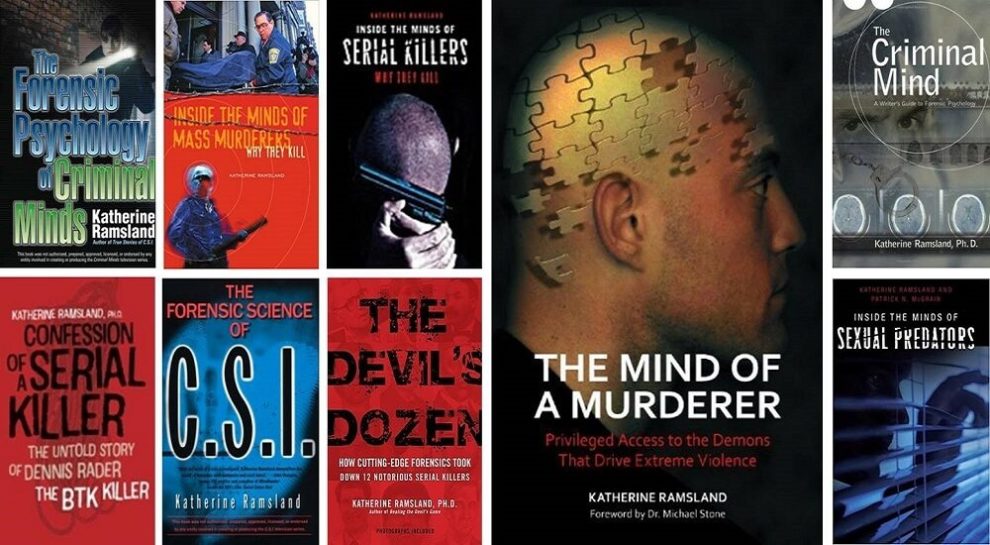

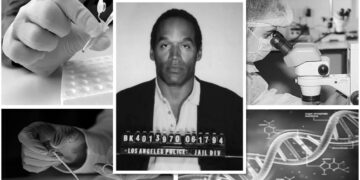


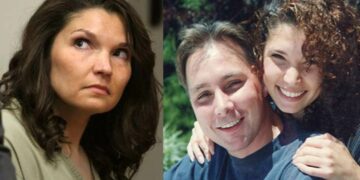







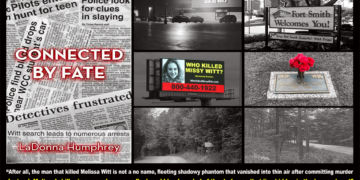
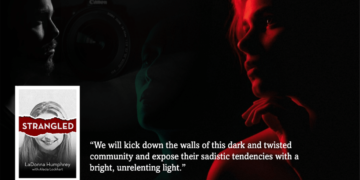
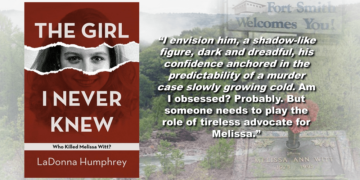
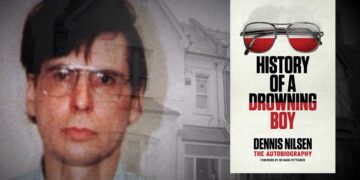

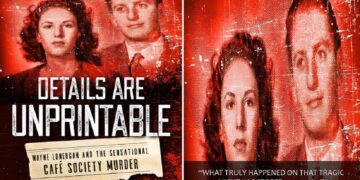



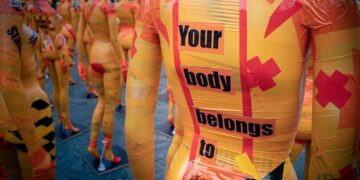



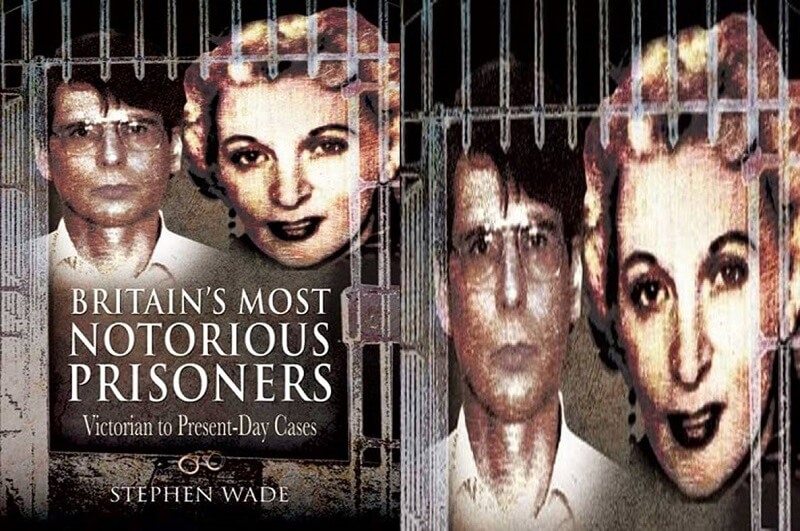


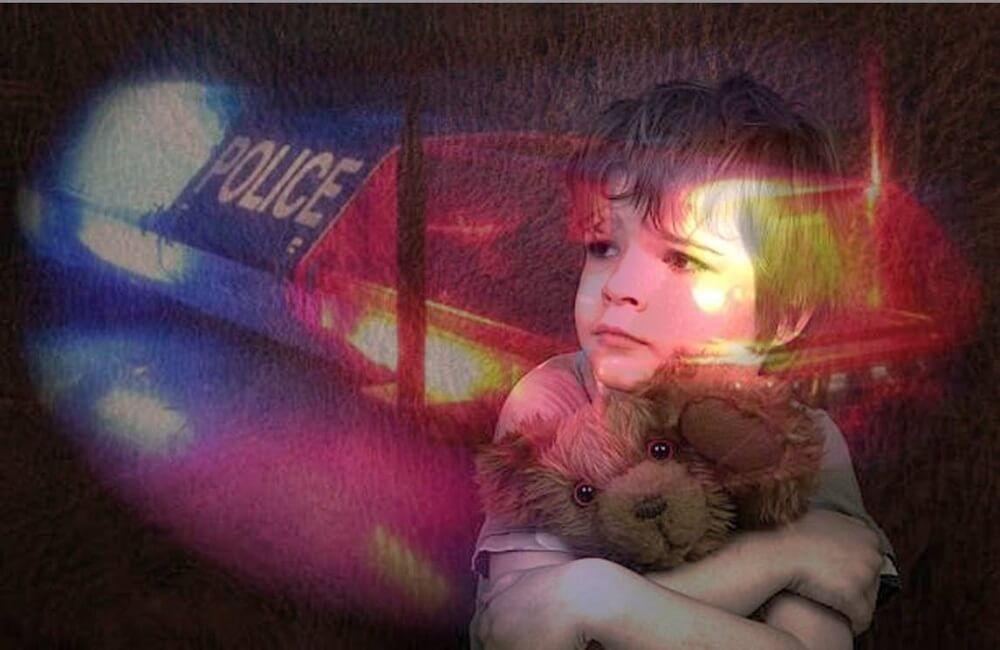

This site certainly has all the information and facts I wanted concerning this subject and didn’t know who to ask.